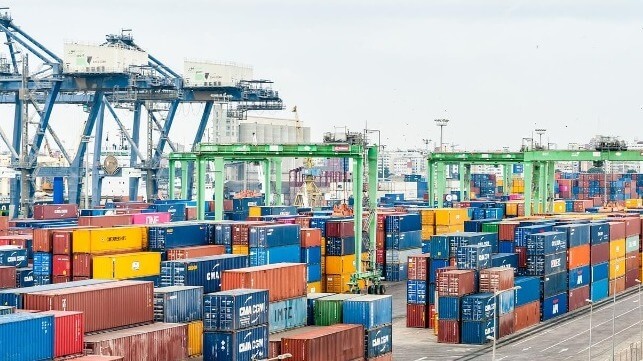Will 2023 be the End of the Party for the Logistics Tech Sector?

With the end of a rather tumultuous year in shipping industry, it is important to highlight some of the trends that defined 2022 and has a probability of determining the 2023 outcome.
Without doubt, the logistics technology (logtech) space has exploded in the last two years, with the growth accelerating in 2022. As shipping becomes digitized, freight procurement, forwarding and other logistics services are increasingly being carried out online.
In fact, the Covid-19 pandemic came as a huge boost to logtech firms. The third-party logistics (3PL) space saw a boom during the period. Spotting an opportunity for massive returns, venture capitalists and angel investors poured billions of dollars into the sector.
Flexport exemplifies a successful business model for a logtech firm. Besides turning its first profit of $37 million last year, Flexport’s sales reached $3.3 billion in 2021, up from $670 million in 2019.
The Berlin-based logtech firm Sennder also reaped the rewards of the ocean freight boom of the pandemic era. Founded just seven years ago, Sennder recently caught global attention within logistics circles after details emerged that it is preparing a financing round at a $2.1 billion valuation. This is double the value it received for equity it issued back in January 2021, when Sennder raised $160 million to ramp up its digitized freight trucking strategy.
However, there is a catch to these expansion initiatives. With the shipping sector normalizing and trade volumes falling, are logtech firms really aligned with the changing business environment?
“The business they are in right now is ruthless. We are talking small margins, and a need for huge volumes. Their survival depends on acquisitions, conquering new markets, and gigantic volumes. 2023 is going to be some year for logtech . . . who will be the first to knock over the dominos,” commented Anthony Miller, a logistics expert and SEO specialist in the supply- chain sector.
With 2023 coming and the end of “free money” in shipping and logistics, logtech/freighttech firms see a need to lock in value for most of the products and services they are offering, and some are now putting extra funding into hiring software engineers.
In the last several years, the logtech sector spent huge budgets on marketing and PR campaigns to bring in customers. The sector may have overpromised on the kinds of problems it could fix; for 2023, the goal for SaaS solutions by logtech firms has to be creation of more value by fixing real logistical issues that matter to shippers.
